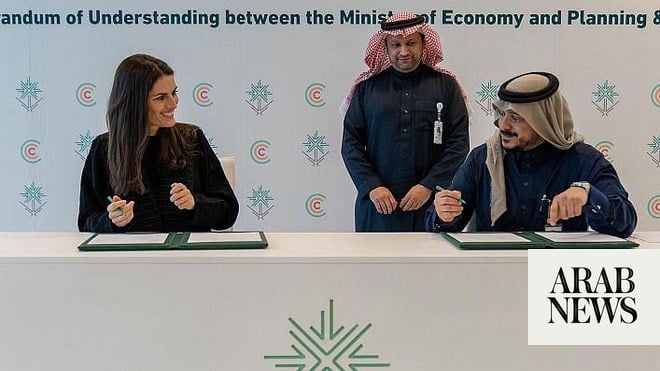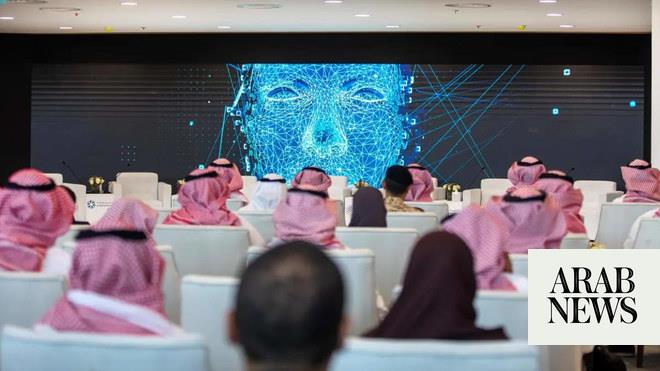
With their thick plastic frames and wide arms, the chunky glasses look like 3D specs handed out in a 1990s cinema – not the kind of technology you associate with 21st-century science prizes.
But put them on, and it is the real world that takes on a new dimension.
Designed to help people with dementia, the glasses present wearers with a screen in front of their eyes upon which floats a blue target that can be directed at objects.
The system not only identifies items, such as a kitchen appliance, but it can provide information on how to use them and use artificial intelligence (AI) to learn from previous interactions.
With a built-in microphone and speakers, the glasses can record and play back memories associated with objects, while a gentle female voice with a Scottish lilt interacts with wearers.
They are one of five projects to reach the finals of the longitude prize for dementia – a £1m award for technology designed to help people with such conditions live independently.
“The premise of the glasses … Is that you just look around the environment and the assistant guides you through the experience,” said Szczepan Orlins, the director of Animorph, one of the companies behind the device. “So in a way, we’re trying to jump over the interfaces that you need to learn [to use a] phone, and just build on natural affordances.”
While the devices are a work in progress – the glasses seem rather heavy, and do not cope well with the background hum of air conditioning, for example – expectations are high.
“AI presents exciting opportunities to help those with dementia stay active and independent, enabling them to remain in their own homes for as long as possible. By harnessing the power of technology, we can support memory recall and assist individuals in maintaining their daily routines,” said Kate Lee, the chief executive of the Alzheimer’s Society which, together with Innovate UK, is funding the prize.
The quintet have been whittled down from 24 semi-finalists who previously shared £1.9m in funding, with each of the five finalists receiving an additional £300,000 towards development. The overall winner, who will scoop the £1m prize, is due to be announced in early 2026.
Among the other finalists are two teams behind different wearable devices. One uses football pitch sensor technology to anticipate falls, while the other gathers data on wearers’ daily habits and prompts them on actions when following their routines. If the wearer does not respond, the device can alert a carer.
Another finalist has developed a home assistance device that combines a screen into a device with what looks like a traditional telephone, enabling video calls among other applications.
Also in the running is a team that have created a privacy-based monitoring system, resembling a Freeview box, that sits in the home of the person with dementia.
Dr Matt Ash, co-founder and chief technology officer at Supersense Technologies, which has developed the device, said rather than relying on invasive technology such as cameras or microphones, the system uses radar to monitor the location, and movement, of people across multiple rooms and harnesses machine learning – a type of AI – to identify when something unusual happens.
It can then share reassuring SMS updates, insights into changes, or even urgent alerts, with relatives and carers. “We can look at trends and how behaviours are changing as symptoms progress, which allows family members to intervene at the right time, so they can right-size their care interventions,” said Ash.
“One of the features that is really resonating with families that we’re working with is just that daily notification in the morning that mum is up and about and the heating is on in the house.”
Each team has worked alongside people with lived experience of dementia, providing crucial feedback and insights.
“We don’t want to develop something that no one wants,” said Ash. “And we really want to solve unmet needs that are real and grounded in reality.”
Tris Dyson, the managing director at Challenge Works, which is running the prize, said the use of AI was particularly exciting, highlighting such technology can bring benefits.
“You can imagine that this is the beginning of a whole suite of AI-based technologies that, where these guys start, others will follow [and] that will be really exciting in this space,” he said.












